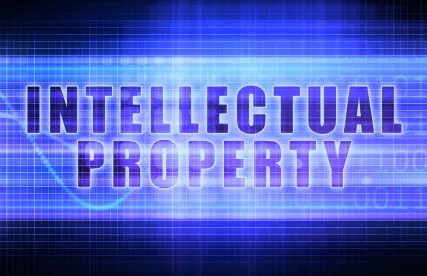Congress has taken an important step along the road to reforming patent eligibility law. As announced in this press release, Senators Tillis (R-NC) and Coons (D-DE) and Representatives Collins (R-GA-9), Johnson (D-GA-4) and Stivers (R-OH-15) have released a “bipartisan, bicameral draft bill” that would revise 35 USC § 101 and eliminate the current role of “judicial exceptions.” While patent reform often is a two-steps-forward-one-step-back process, any Congressional action on this issue may be seen as a step in the right direction.
The Draft Patent Eligibility Legislation
The draft bill would make the following changes to the Patent Act:
In 35 USC § 100, subsection (k) would be added:
(k) The term “useful” means any invention or discovery that provides specific and practical utility in any field of technology through human intervention.
35 USC § 101 would be rewritten as follows:
(a) Whoever invents or discovers any useful process, machine, manufacture, or composition of matter, or any useful improvement thereof, may obtain a patent therefor, subject to the conditions and requirements of this title.
(b) Eligibility under this section shall be determined only while considering the claimed invention as a whole, without discounting or disregarding any claim limitation.
The bill also would amend 35 USC § 112(f) as follows:
(f) Functional Claim Elements — An element in a claim expressed as a specified function without the recital of structure, material, or acts in support thereof shall be construed to cover the corresponding structure, material, or acts described in the specification and equivalents thereof.
The draft also includes the following “Additional Legislative Provisions” that reflect the “guiding principles” and “framework” we previously summarized in this article:
- The provisions of section 101 shall be construed in favor of eligibility.
- No implicit or other judicially created exceptions to subject matter eligibility, including “abstract ideas,” “laws of nature,” or “natural phenomena,” shall be used to determine patent eligibility under section 101, and all cases establishing or interpreting those exceptions to eligibility are hereby abrogated
- The eligibility of a claimed invention under section 101 shall be determined without regard to: the manner in which the claimed invention was made; whether individual limitations of a claim are well known, conventional or routine; the state of the art at the time of the invention; or any other considerations relating to sections 102, 103, or 112 of this title.
Two Steps Forward Or One Step Back?
The Additional Legislative Provisions would undo the Supreme Court and Federal Circuit case law that has so drastically changed the patent eligibility landscape over the past decade. While many stakeholders—present author included—believe the courts have taken § 101 too far, others surely will disagree that “all cases establishing or interpreting [judicial] exceptions to eligibility” should be wiped away. Also, although Senator Tillis is quoted in the press release as describing the draft legislation as a way “to restore integrity, predictability, and stability to our nation’s patent system,” it likely will take some time—and many court decisions—before the new definition of “useful” in new § 100(k) has a predictable and stable meaning.




 />i
/>i

